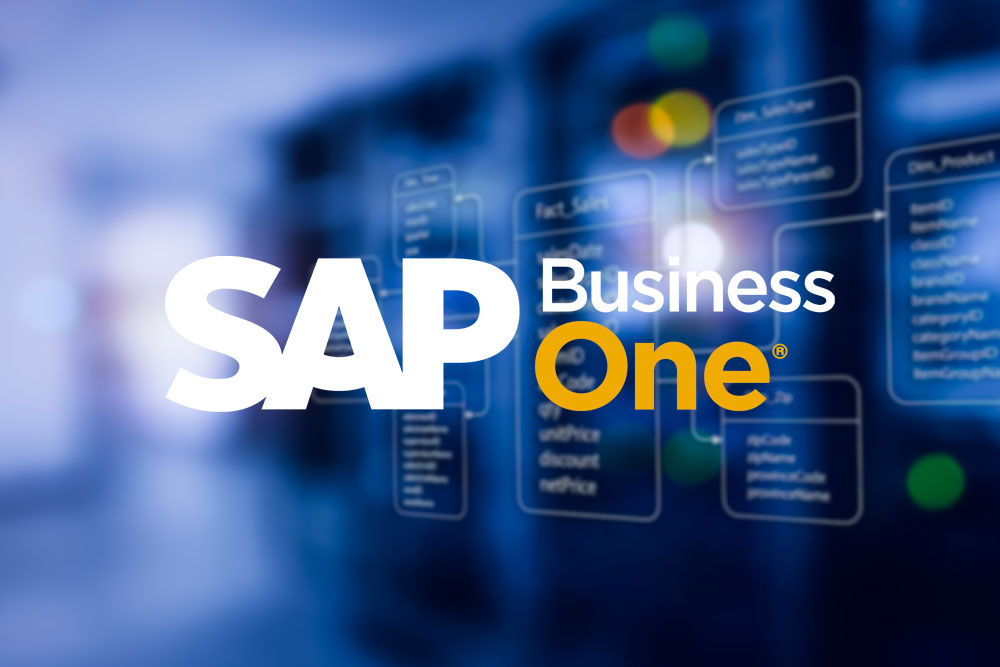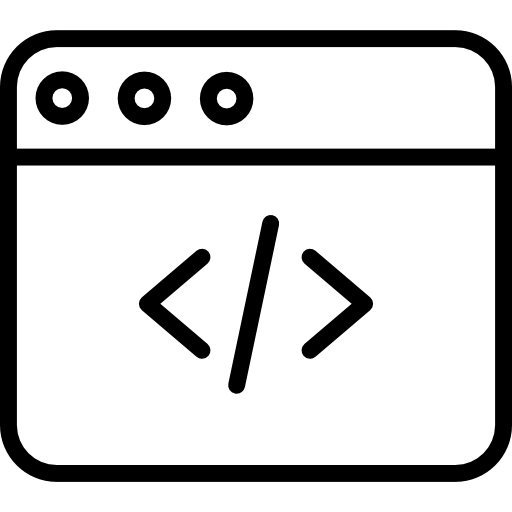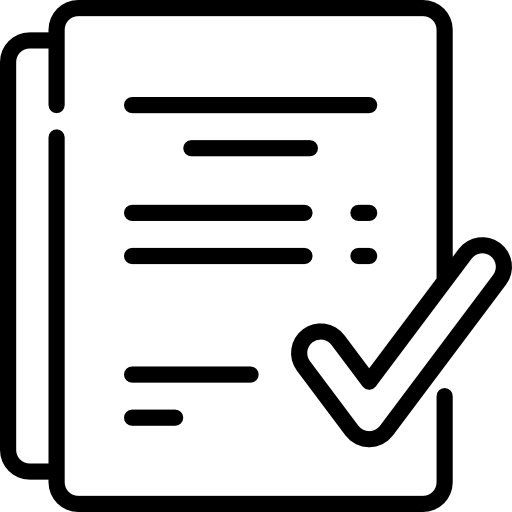In today’s fast-paced business environment, small businesses must leverage every advantage to stay competitive. One powerful tool for growth and streamlined operations is ERP for small business.

Enterprise Resource Planning (ERP) solutions can transform small businesses by streamlining processes, improving efficiency, and providing real-time insights into operations. The right ERP software is crucial for maximizing these benefits and fostering business growth.
However, selecting the best ERP software for your small business can be daunting. Here’s a guide to help you navigate the process and choose the best ERP for your small business.
Understanding Your Business Needs
An ERP solution is a substantial investment. Therefore, before diving into ERP options, assess your business requirements. Consider the following:
Current Challenges
Begin by identifying your current operational pain points, such as inefficient manual processes, data silos, and poor communication between departments. These issues often result in errors, delays, and higher costs. For instance, reliance on manual inventory management can lead to inaccuracies, causing stockouts or overstocking. Recognizing these challenges helps pinpoint where an ERP system can provide the most benefit.
Future Goals
Establish clear goals for what you want to achieve with ERP software for your small business. This could include improving efficiency, enhancing customer service, and supporting business growth. An ERP can automate tasks, provide real-time insights, and help make data-driven decisions. Additionally, it should be scalable to adapt to your business’s growth and new market opportunities.
Functional Needs
Identify the specific functionalities you need in an ERP system. Common needs for small businesses include inventory management for accurate stock control, CRM for managing customer interactions and sales, and financial reporting for detailed financial insights. Additional functionalities might include HR management, supply chain management, and project management. Defining these needs ensures the ERP system supports your business comprehensively.
Understanding ERP and Its Benefits

ERP software for small businesses is designed to integrate various business processes into a single, cohesive platform. This integration offers multiple advantages that significantly enhance overall performance and provide numerous benefits such as:
Improved Efficiency
One of the most significant benefits of an ERP system is improved efficiency. By automating routine tasks and processes, ERPs save time, reduce manual effort, and minimize human error, allowing employees to focus on more strategic activities. For example, automated inventory management ensures accurate stock levels, preventing issues like stockouts or overstocking.
Better Data Management
Another key advantage of ERP systems is better data management. ERPs provide a unified source of truth by centralizing data from various departments into a single repository. This eliminates data silos, ensuring consistent and up-to-date information for everyone. With all data in one place, tracking and analyzing business metrics becomes easier, improving data integrity and reliability.
Enhanced Decision-Making
ERP systems enhance decision-making by providing real-time insights and analytics. With comprehensive and current data, business leaders can make informed decisions quickly. ERP analytical tools generate detailed reports and dashboards, highlighting trends and potential issues, which is crucial for strategic planning and staying agile in response to market changes.
Scalability
Scalability is a key benefit of ERP systems. As your business grows, an ERP can adapt to increasing demands without major changes. This means the same ERP can support your business through different growth stages, from a startup to a larger organization, ensuring smooth expansion and long-term development.
Key Factors to Consider When Choosing an ERP System
Identify Your Business Needs
Before exploring ERP options, thoroughly assess your business requirements. Identify current pain points in processes to prioritize ERP features that address inefficiencies. Determine which departments need support most, focusing on areas like inventory or customer management. Consider future growth plans and how an ERP can scale with your business.
Budget Constraints
Small businesses often operate on tight budgets. Determine and establish a clear budget that you can allocate for ERP investment, including implementation and ongoing maintenance costs. Look for flexible pricing plans that suit small businesses, balancing initial investment with long-term ROI considerations.
Ease of Use
An ERP system should be easy to use. A complex system can lead to resistance from employees and hinder productivity. Choose an ERP system with a user-friendly interface to enhance adoption and productivity. Look for solutions that offer intuitive interfaces and comprehensive training and support to facilitate smooth integration and maximize system benefits.
Customization and Scalability
Your business will evolve, so choose an ERP system that can grow with you. The system should offer customization options to fit your unique needs and be scalable to accommodate future expansion. Select an ERP solution that offers customization options to fit your workflows and scalability to support business growth without extensive system changes.
Integration Capabilities
Ensure that the ERP system can seamlessly integrate with your existing software and tools, such as CRM systems, accounting software, and e-commerce platforms. This integration is crucial for maintaining smooth operations and data consistency. Prioritize ERP systems that seamlessly integrate with the same to ensure data consistency and operational efficiency across your organization.
Vendor Support and Reputation
One of the most crucial aspects, vendor selection is equally important as is choosing the right ERP software. Research potential ERP vendors thoroughly. Check reviews, ask for references, and evaluate their customer support services. Choose a vendor with a strong reputation for customer support and reliability in delivering effective ERP solutions. A reliable vendor with a good track record will be a valuable partner in your ERP journey.
Popular ERP Solutions for Small Businesses

SAP Business One
SAP Business One is one of the most robust & reliable SAP ERP for small businesses, tailored for small and medium-sized enterprises. It offers comprehensive financial management, sales, and inventory control features, enabling them to manage their operations efficiently. SAP Business One is particularly known for its scalability, customization, strong analytics, and reporting capabilities, providing businesses with detailed insights into their performance and helping them make informed decisions. This ERP solution supports growth by offering scalable options and extensive functionality, making it suitable for businesses looking to enhance their operational efficiency and gain a competitive edge in their industry.
Conclusion
Choosing the best ERP system for your small business is a significant decision that drives growth and efficiency. Hence, a careful analysis of your business needs, thorough research, and strategic planning are a must. Understanding your business needs, considering key factors, and evaluating popular ERP solutions help immensely in making an informed decision.
Implementing the right ERP solution will streamline your operations, improve data management, and provide valuable insights, ultimately enhancing your business’s potential. And with the information in the guide, you are bound to ensure it.














































